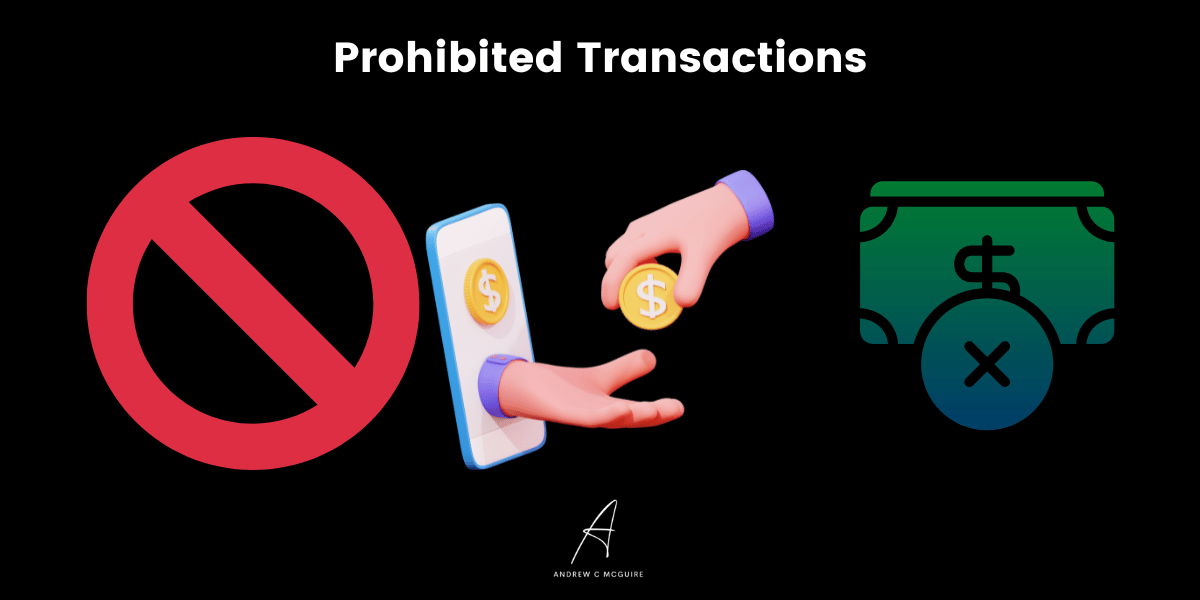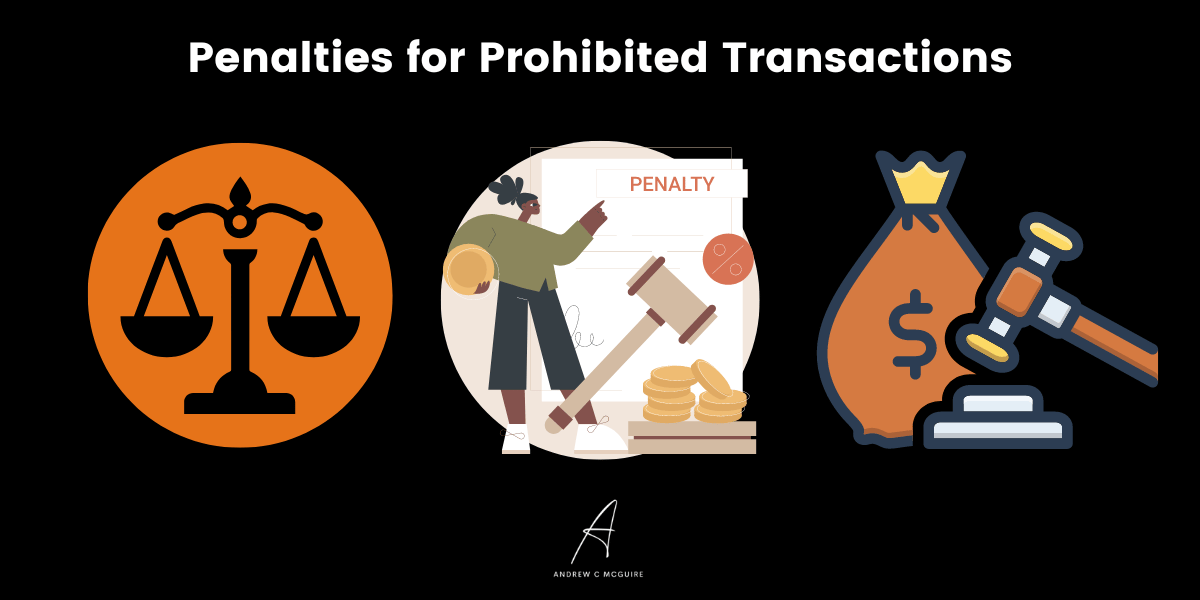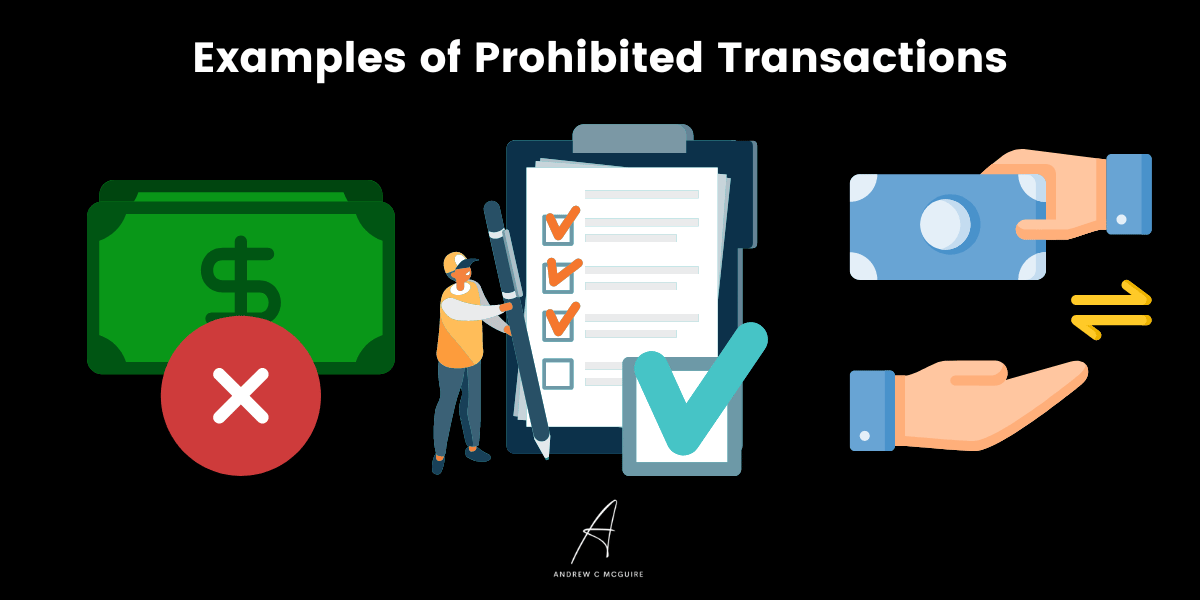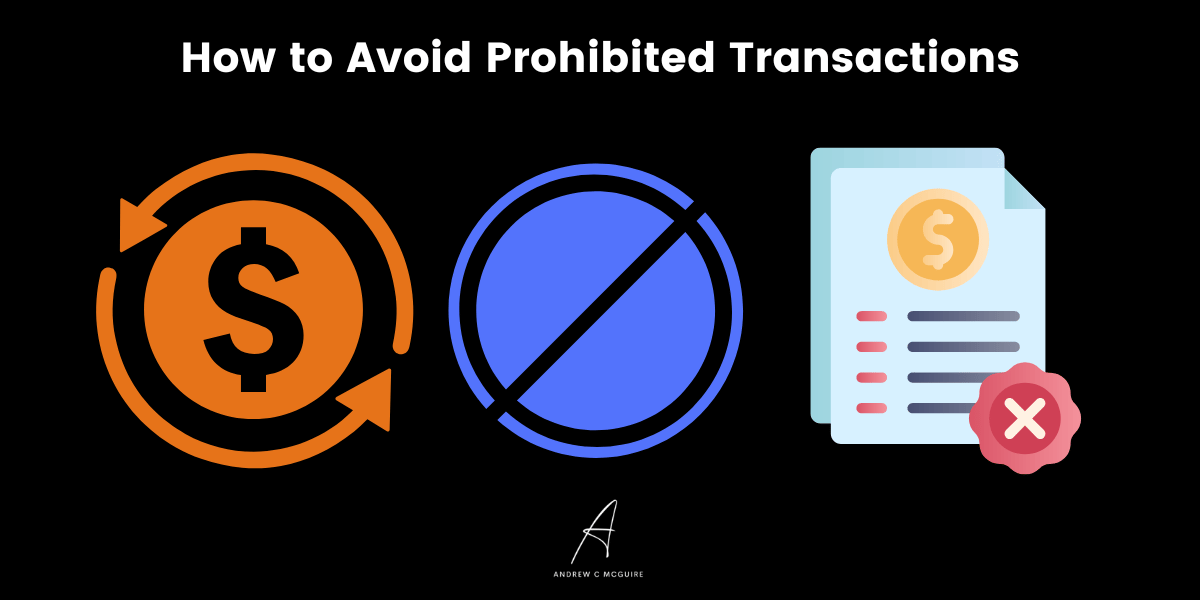Investing in your financial future is probably the most important decision you will ever make. With the self-directed IRA becoming increasingly popular and the number of IRA owners increasing, now is the right time for you to also join the train and start taking charge of your financial future. But when it comes to investing, the company you are dealing with determines your IRA income. This is why you must ensure that you find the best and perfect company for your plan – I recommend Augusta Precious Metals as the #1 IRA company out there.
- Money magazine’s “Best Overall” Gold IRA Company in 2022
- Quarterback Joe Montana and his financial team chose Augusta
- Zero fees for up to 10 years — every customer qualifies
- Investopedia’s “Most Transparent” Gold IRA Company in 2022
- Free guides on how to avoid gimmicks & high-pressure tactics used by gold IRA companies
We earn a commission if you make a purchase, at no additional cost to you.
Self-directed IRAs are an increasingly popular option for those looking to maximize their retirement savings. With a self-directed IRA, investors can diversify and control their IRA investments in ways that traditional accounts don’t allow. However, it’s vital to be aware of the prohibited transactions associated with these types of accounts. Self-directed IRA-prohibited transactions come with serious penalties if not adhered to properly – understanding them is key to protecting your wealth from inflation and recession risks while growing your portfolio through smart investing strategies. In this blog post, we’ll discuss what constitutes a self-directed IRA, the various prohibited transactions you need to watch out for, potential penalties associated with violations, examples of such activities as well as how best you can avoid them altogether. But before we get into the nitty-gritty, check out what quarterback Joe Montana shares about Augusta Precious Metals and why his financial team chose to invest with the #1 IRA investment company.
What is a Self-Directed IRA?
A self-directed Individual Retirement Account allows the owner to invest funds in alternative assets such as real estate, private placements, and precious metals. This type of investment strategy provides investors with more control over their retirement funds than traditional IRAs. It also offers a variety of tax advantages for those looking to safeguard their wealth from inflation and recessionary periods.
Some examples of prohibited transactions include borrowing funds from your own self-directed IRA; buying property for personal use; selling a property back to yourself; lending money out through your own self-directed IRA; using trust assets as collateral for loans taken out outside of the trust structure; transferring ownership interests between trusts without proper documentation; investing in collectibles such as artwork, stamps, coins, etc.; and making investments into life insurance policies owned by disqualified persons mentioned above like family members, etc.
A Self-Directed IRA is an amazing way to diversify your retirement savings and take control of your investments. Now let’s look at the prohibited transactions associated with this type of account.
Takeaway:
Self-directed IRAs provide investors with more control over their retirement funds and tax advantages, however, they are subject to prohibited transactions that can result in taxes and penalties if violated. Examples include borrowing from the IRA, buying property for personal use, investing in collectibles, etc.
Prohibited Transactions
While self-directed IRAs offer a wide range of investment opportunities, the IRS has strict rules about what types of transactions are allowed within these accounts. Prohibited transactions can lead to significant penalties for the account holder.
Prohibited transactions involve any type of business with the IRA, using funds from the account for personal benefit or borrowing money from it. This includes selling goods or services to an IRA, leasing property owned by an IRA to a disqualified person (e.g., yourself), and taking out loans against IRA assets. Additionally, investing in collectibles such as artwork or antiques is prohibited since they cannot be used for retirement purposes according to IRS regulations.
Penalties for engaging in prohibited transactions can include loss of tax benefits associated with the account, taxes on income generated by the transaction, and/or additional excise taxes imposed by the IRS. Furthermore, if multiple prohibited transactions occur over several years without being reported properly on Form 5329 then there may be even greater financial consequences involved due to potential fraud charges filed against you by the government agency responsible for enforcing these laws – The Internal Revenue Service.
To avoid any penalties associated with prohibited transactions, it is important to understand all applicable laws regarding your self-directed IRA before making any investments or withdrawals from your account. It is also recommended to speak with a qualified tax professional who specializes in this area, so they can provide guidance on how best to protect your wealth while still taking advantage of all available investment opportunities offered through self-directed IRAs.
Prohibited transactions are serious violations of IRS regulations and can lead to significant penalties. Knowing what is considered a prohibited transaction is essential for protecting your self-directed IRA from costly mistakes. Next, we will look at the possible consequences of engaging in a prohibited transaction.
Takeaway:
Self-directed IRAs offer a range of investment opportunities, but engaging in prohibited transactions can lead to significant penalties such as loss of tax benefits, taxes on income generated, and potential fraud charges. It is important to understand all applicable laws before making any investments or withdrawals from your account and seek advice from a qualified professional.
Penalties for Prohibited Transactions
When it comes to prohibited transactions in a self-directed IRA, the penalties can be severe. If an individual engages in a prohibited transaction, the entire balance of their IRA may become subject to taxes and penalties. This includes any income earned on the account since its inception. In addition, the IRS may impose additional fines or even jail time if it is determined that the prohibited transaction was intentional.
The best way to avoid engaging in prohibited transactions is by understanding what activities are considered prohibited before investing in a self-directed retirement plan. It is important for individuals considering this type of investment strategy to understand all applicable rules and regulations set forth by the Internal Revenue Service (IRS). Additionally, consulting with a financial advisor experienced with self-directed IRAs can help ensure compliance with these rules and regulations while helping investors achieve their goals without running afoul of IRS guidelines.
Penalties for Prohibited Transactions can be severe, so it is critical to familiarize yourself with the rules and regulations in order to protect your investments. Now let’s check out some examples of prohibited transactions.
Examples of Prohibited Transactions
Prohibited transactions are any transactions that involve the use of an IRA in a manner not allowed by the Internal Revenue Service (IRS). These transactions can have serious consequences, including loss of tax-deferred status and penalties.
1
One example of a prohibited transaction is selling property to the IRA. This means that you cannot sell real estate or other assets directly to your own IRA account. The IRS considers this type of transaction as self-dealing, which is not allowed with IRAs.
2
Another example is using IRA funds to purchase life insurance policies for yourself or another disqualified person such as a family member. Life insurance policies are considered collectibles under IRS rules and therefore cannot be purchased with retirement funds from an IRA account.
3
A third example is lending money to a disqualified person such as a family member or business partner who has some relationship with you or your spouse outside of the retirement plan itself. This type of loan would be considered self-dealing and could result in penalties if discovered by the IRS.
4
Investing in collectibles such as artwork, antiques, gems, stamps, coins, and other similar items is also prohibited when it comes to using retirement funds from an IRA account according to IRS regulations. Collectible investments do not qualify for tax deferral benefits like traditional investments do so they should be avoided when investing through an IRA account.
It is critical for investors to understand what types of transactions are prohibited when dealing with their IRAs so they can avoid costly mistakes that could lead to hefty fines from the IRS in the future.
It is key to be aware of the types of prohibited transactions that can occur when investing in a self-directed IRA. Knowing this information will help you avoid such transactions and maximize your investment potential. Now let’s take a look at how to avoid prohibited transactions.
Key Takeaway:
It is important to understand the prohibited transactions when dealing with an IRA, such as selling property to the account, purchasing life insurance policies, lending money to a disqualified person, and investing in collectibles.
How to Avoid Prohibited Transactions
Prohibited transactions are a major concern for those investing in self-directed IRAs. The IRS has strict rules and regulations that must be followed to avoid any penalties or taxes associated with prohibited transactions. It is important to understand these rules before making any decisions regarding your retirement funds.
The first step in avoiding prohibited transactions is understanding what they are. A prohibited transaction occurs when an IRA owner engages in a direct or indirect exchange of money, services, or other property between their IRA and themselves, their beneficiaries, fiduciaries, disqualified persons (such as family members), or entities controlled by them. These exchanges can include buying goods from the IRA owner’s business; lending money to the IRA owner; transferring assets from the IRA to another account owned by the same person; and using an asset held within an IRA as collateral for a loan taken out by the owner of that account.
Penalties for engaging in prohibited transactions can be severe—the entire amount involved may become taxable income immediately and incur an additional 10% early withdrawal penalty if applicable. In addition, all tax deductions related to contributions made during that year will be disallowed and there could also be excise taxes imposed on both parties involved in the transaction.
It is important to consult with a financial advisor before making any investments into your self-directed IRA so you know exactly which investments are allowed under IRS guidelines and which ones would constitute a prohibited transaction. You should also keep detailed records of all activity related to your self-directed accounts including receipts, invoices, bank statements, etc., so you have proof of compliance if needed later on down the road. Finally, make sure you review all documents carefully before signing anything related to your retirement funds—this includes investment contracts as well as estate planning documents such as wills and trusts—to ensure everything complies with IRS regulations concerning prohibited transactions.
Key Takeaway:
Prohibited transactions can result in severe penalties, including taxes and the disallowance of tax deductions. To avoid this, consult a financial advisor before investing in a self-directed IRA and review all documents carefully to ensure compliance with IRS regulations.
Conclusion
In conclusion, self-directed IRAs are a great way to invest and protect your wealth. However, it is key to be aware of the prohibited transactions that can occur in order to avoid any penalties or other consequences. By understanding what types of investments and activities are not allowed within an IRA, you can ensure that your retirement savings remain safe and secure. Self-directed IRA-prohibited transactions should always be taken into consideration when investing with an IRA so that you do not put yourself at risk for costly penalties or other legal issues.
FAQs
Andrew’s Gold IRA Pick
Augusta Precious Metals is the most trusted gold IRA company





